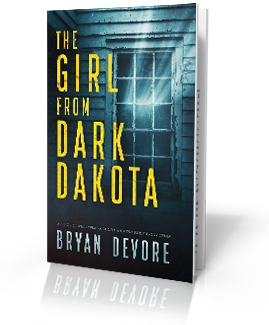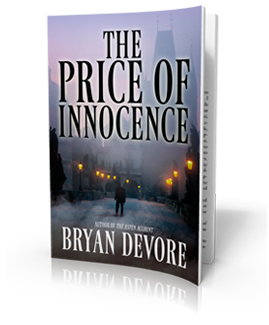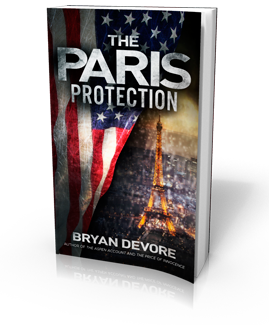Act 3—Meeting The King:
By my senior year in high school, I was entertaining dreams of writing novels. It had been four years since Mr. Coleman taught me how much fun writing was and two years since John Grisham had shown me how exhilarating a good thriller could be. But where does a young dreamer go from there? The answer: they look for real-life examples of careers they want to emulate; they look for proof that such dreams can come true.
One day an English teacher, Mr. Zellers, announced an essay competition for all students at the high school in which the top seven essays would win an opportunity to meet Stephen King. The topic of the essay was fittingly, “Why I Want to Meet Stephen King?” Mr. King was riding his Harley-Davidson motorcycle across the country on a book tour for his novel Insomnia (while also promoting independent bookstores). He was scheduled to give a reading at Kansas State University in Manhattan, Kansas. Apparently, Mr. King would also attend a private event for about a hundred people at the home of a local bookstore owner after his reading. Mr. Zellers had asked the bookstore owner if he could bring some high school students to meet Mr. King at the event, and he was given permission to bring up to seven students.
This was the final spark I needed. I wrote an essay explaining how I dreamed of writing novels some day, and that—while many people eventually give up on difficult dreams—meeting someone like Stephen King might just become the added motivation that would keep my dreams alive during dark days in the future when I might be pressured to give up on my dreams. It was an effective theme for the essay. When I checked the results posted on Mr. Zellers’s door the following week, I saw that I was one of the seven students selected out of the seventy-five that had written essays.
It was a Saturday night in mid-October with dark clouds and a chilling wind rustling the leaves of the neighborhoods surrounding the high school. The seven students met Mr. Zellers in the empty parking lot and carpooled to the bookstore owner’s large house a mile away. The house was in a nice, old neighborhood with tall trees swaying in front of dim streetlamps, creating dancing shadows that reminded me of scenes from the movies Nightmare on Elm Street and Halloween. It was the perfect environment for meeting the Master of Horror. We arrived at the house and found about a hundred well-dressed academicians, community business leaders, and power players. We were the only kids there. Stephen King was nowhere in sight. We grabbed soft drinks and stood in a corner and waited while everyone else enjoyed cocktails. Twenty minutes passed. And then a soft commotion emerged and swept through the first-floor rooms. The front door had opened and closed. A dark haired man moved slowly through the crowd, taller than anyone else. We got our first glimpse of Stephen King from a distance, watching him work the crowd, talking to each small group for a minute or two before moving on to the next group, like a politician working the rope line. He didn’t grab any food or drink. He was here to make an appearance and talk to as many people as he could in an efficient manner. When he finally arrived at our group, we were introduced as students from the local high school. Stephen King seemed thrilled at this, and he stayed in our group and talked with us for at least five or six minutes, much longer than any of the other groups. And in retrospect this isn’t surprising, for after all—Stephen King had been a high school English teacher for years before his breakout novel Carrie allowed him to write full time. I had all these questions about writing that I was prepared to ask, but before we knew it the conversation had turned to discussions about Harley motorcycles and hearing about his rock band. We never once talked about writing, but our group was so thrilled to be talking with him that we didn’t care. I’m sure that he was all talked out on the writing subject for the evening, anyway. When he left our group, he continued to efficiently move through the crowd and within another half-hour had finished, thanked the host, and left the event. The party slowly died down. Then we left.
My essay ended up proving true. Over the years to come, when the road to becoming a writer felt long and tiring, I would often think back to meeting Stephen King and the idea that he was no longer just a name on a book cover—he was someone that I had actually met, shaken hands with, and talked to in a small group. That somehow made me believe that I really could become a writer. I later found a quote from Stephen King, where he said, “A professional writer is an amateur who didn’t quit.” I would think of that quote often, and I would eventually adopt it as my motto. No matter how difficult it would be to become a true writer, no matter how long it took, I swore that I would never quit.
Epilogue:
Those were the three most critical moments in my youth that put me on the path to writing thrillers. Mr. Coleman showing me that I loved to write; getting thrown into In-School Suspension long enough for John Grisham to show me how exciting a good thriller could be; meeting Stephen King for inspiration to help keep that fire burning on the darkest nights. If any one of these three things hadn’t happened, I doubt I would have ever tried to write novels—and my characters and stories would never have come into being. So much of life is about the right things happening at the right moments. I was very lucky.
-Bryan Devore




